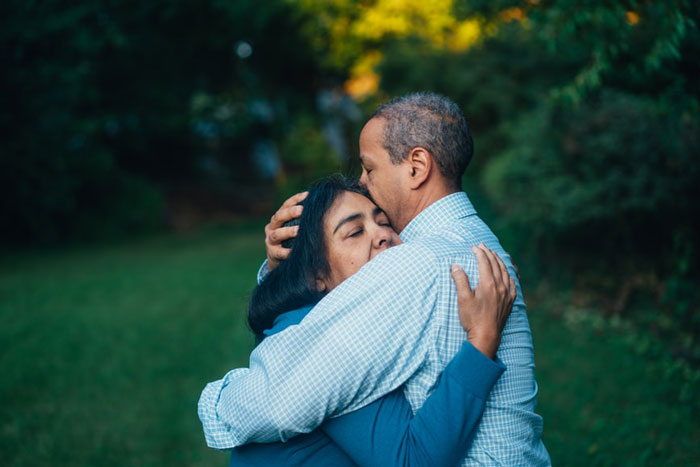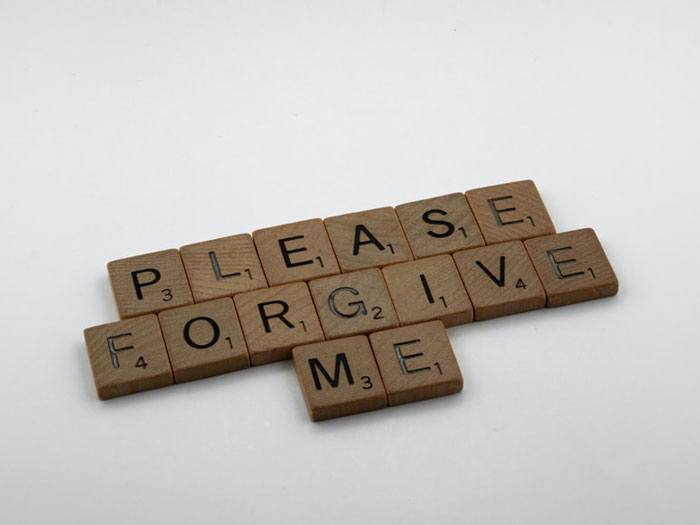Sensitivity is not the most useful quality, especially if you want to achieve success in any walk of life. How can you stop being offended, learn to forgive and start enjoying life?
Put yourself in the shoes of the abuser and be stronger.
Everyone knows the words of Gandhi “The weak can never forgive. Forgiveness is an attribute of the strong“. On the contrary, we deliberately offend and inflict pain in moments of weakness. If you are having difficulty with letting go of the grudge against the person that made you suffer, remind yourself that you are a strong side in this situation, and the victim is your abuser.
Judge for yourself: a strong, happy person that is in harmony with himself is unlikely to be able to consciously harm another person. It makes sense for him to feel regret and condescension, but certainly not anger and resentment.
Forgiveness is not a reward
Of course, if a very close person who needs your forgiveness has inflicted a serious offense on you, his favor will be higher than any reward. Fortunately, the loved ones offend us not very often. You need to remember that you yourself need forgiveness more than others.
Psychologists say that accumulated grievances tend to destroy you from the inside over the years. Continuing to remember the negative moments of our life, we relive them from time to time. Do you like to mock yourself? Then keep up the good work. If you want to be happy, let go of the situation and forgive those who hurt you.
Remember how you were forgiven

Each of us has our own “skeletons in the cupboard” – actions that we are not proud of and that probably once caused pain to others. Remember how you regretted your own mistakes and how important it was for you to receive forgiveness from those you hurt. Realizing that no one is perfect will help you not to be angry with the person who caused your worries.
Analyze
During conflicts, we perceive many things much more sharply than we would do in a state of rest. For this reason, after the end of the quarrel, we cannot figure out why we are so offended.
Having already cooled down, analyze the conflict, imagine yourself as an experienced psychologist, look at the problem from the outside, perhaps it is not worth your suffering for many years.
Feel your emotions
Forgiveness is often erroneously perceived as giving up our own emotions. You can wonder if it is possible to forgive a cheating lover or a friend who betrayed you when you feel so down and dirtied.
Trying to ignore bitterness and resentment can help you hold your head up high, but it has little to do with real forgiveness. Respect your experiences, find an opportunity to live through them, and feel them in full force: share them with your faithful friend, seek help from a psychologist, write a “letter to the offender” (it is not necessary to send it). You will feel relieved – if not immediately, then with time.
Let go of the situation

The past cannot be changed. Everything happened the way it happened and sank into oblivion. In this case, if we found out that everything, without exception, remains in the past, including resentment, overpowering yourself – determine which moment in your life gives you strong discomfort, and firmly decide not to concentrate on it.
Switch your attention to something else, live your life here and now. You can even end the letter to the offender with the words: “I forgive you” – or imagine how you say it in his face. Having done all the required manipulations with your consciousness, you will feel relieved.
Take the situation as a lesson
Forgiving someone who broke your heart, betrayed you, or just offended you will be easier if you acknowledge that even the most disgusting situation has a positive side. Any event is a life lesson for us in one way or another. Unfortunately, bitter lessons are usually the most useful ones.
It is through resentment and disappointment that we arrive at the wiser choices of friends and the ability to appreciate true love. Well, since your offender has played the role of such a “teacher” – you should mentally thank him for this, draw conclusions and … forgive.












